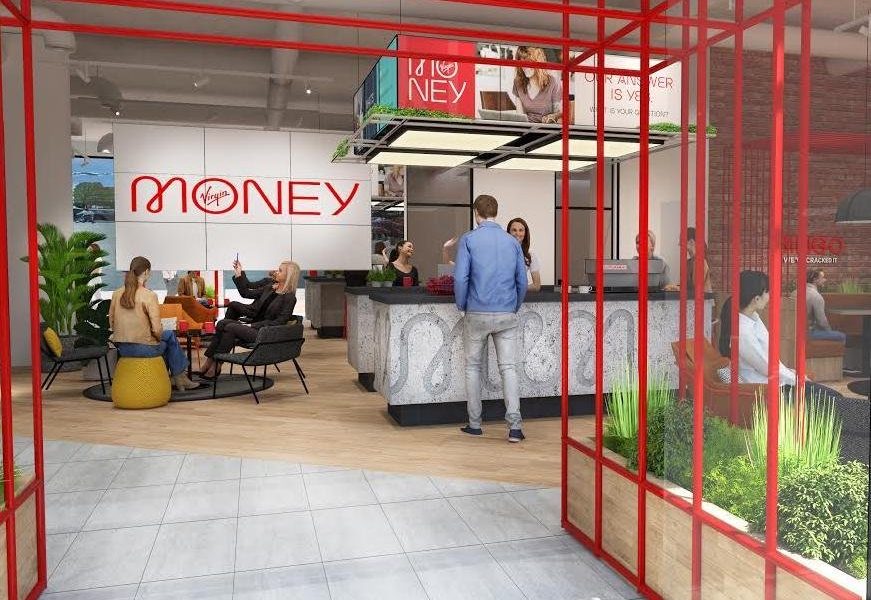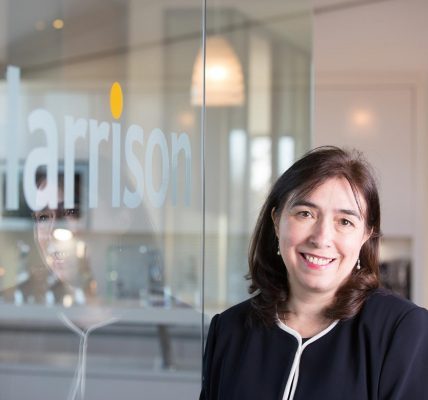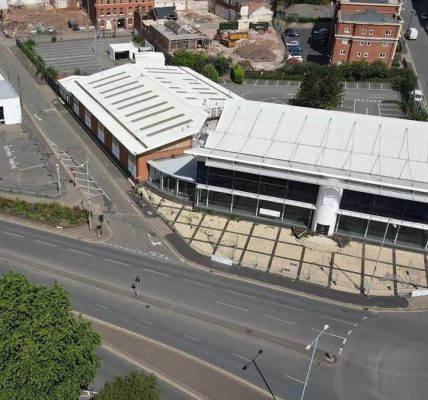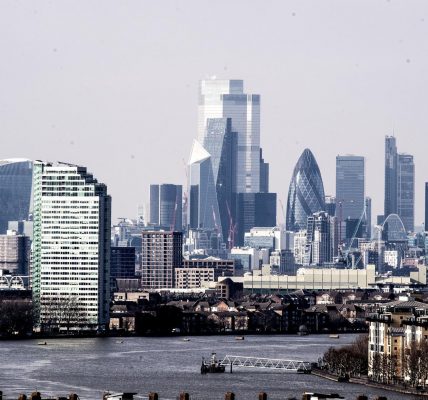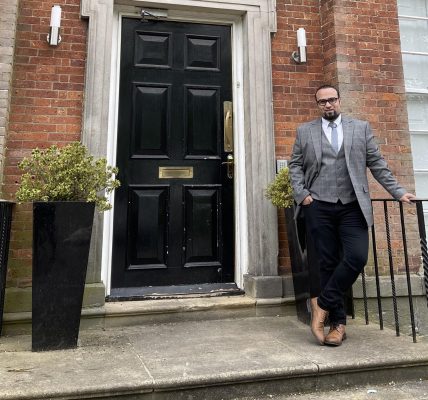Virgin Money optimistic as the UK vaccination programme rolls out
Virgin Money, which owns US Bank and Clydesdale Bank, has returned to profit after a strong first half and said it is cautiously optimistic about the future.
The bank said underlying profits rose from £120m to £245m in the six months to March 31.
David Duffy, Virgin Money’s chief executive, said: “Virgin Money had a strong first half. We doubled underlying profit compared to last year and returned to statutory profit.”
The group is hopeful about the future as the UK emerges from the coronavirus pandemic.
“We are cautiously optimistic about the improving outlook as the impact of the vaccination programme in the UK delivers positive revisions to economic expectations,” said Mr Duffy.
“We’re continuing to manage through what is still an uncertain economic backdrop, but the bank is well placed, with a strong balance sheet, and through ongoing strategic delivery we have a clear path to long-term, improved sustainable returns.
“The quality of our loan book remained resilient in the period, and we’ve continued to support customers and look after our colleagues and communities, while safeguarding the bank.”
He said the group has made significant strategic progress to transform Virgin Money into a leading digital bank and its rebranding is largely complete.
“We’ve launched a range of innovative and compelling Virgin Money personal and business products as well as differentiated loyalty offers, which are showing early signs of success,” he added.
“Our ESG (Environmental, Social, and Corporate Governance) strategy continues to gain momentum across the business including developing sustainability-linked business loans and a green mortgage product as we look to further embed sustainability across everything we do.”
He said that this has laid the foundation for efficient, sustainable growth of deep, long lasting customer relationships.
The bank benefited from a significantly lower impairment charge of £38m.
Operating costs of £460m fell 1 per cent year on year, but remained stable in the half as cost savings were offset by one-off costs and the impact of higher investment.
The group made a statutory pre-tax profit of £72m after deducting £173m of exceptional items. These included £49m of integration and transformation costs, £47m of acquisition accounting unwind and £71m of conduct charges.

